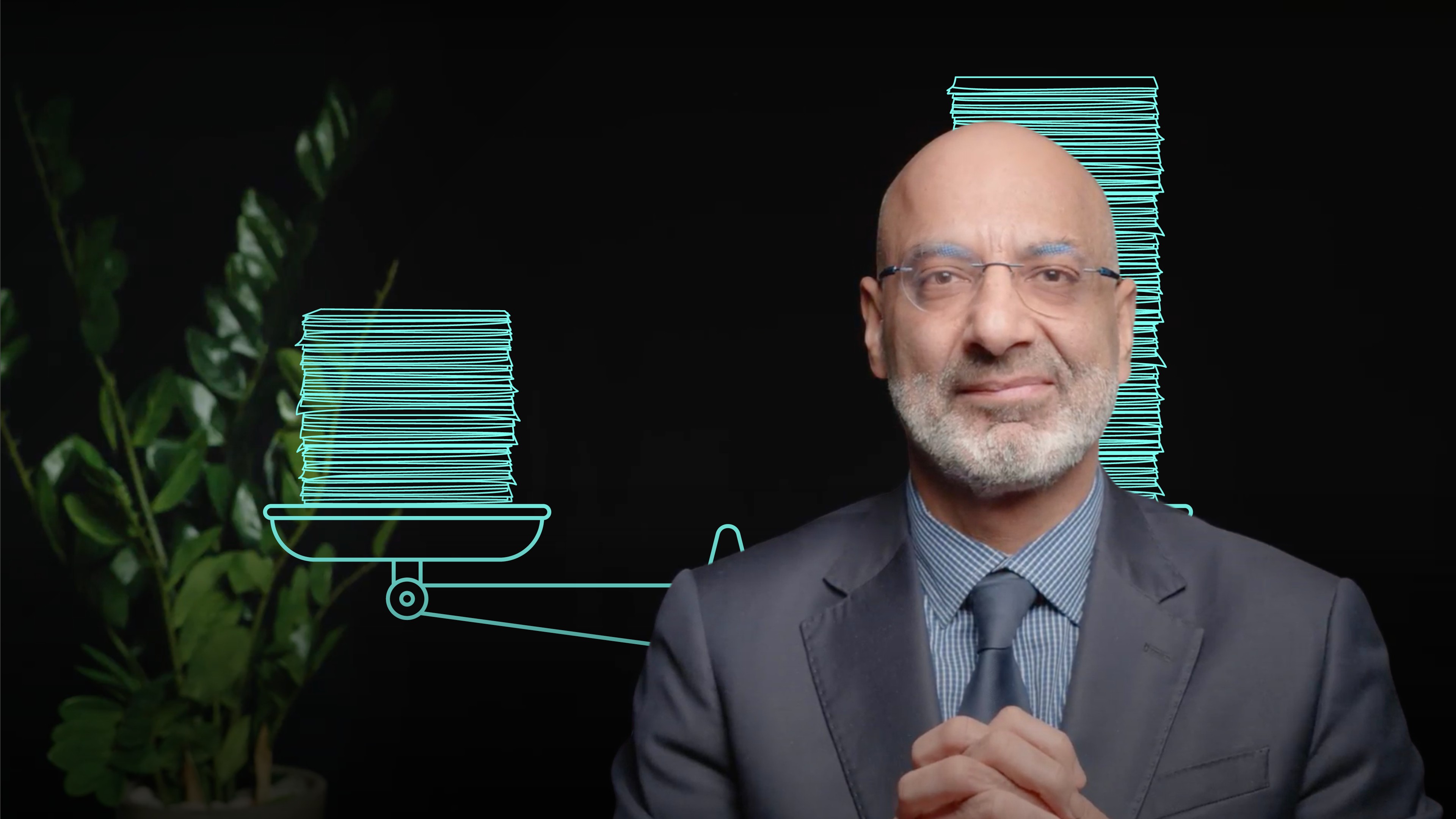
Principles of Successful Negotiation

Abhinay Muthoo
30 years: Public policy
Negotiation skills are important in all walks of life, from economic deals to social consensus. Join Abhinay Muthoo as he delves into the key concepts and principles that make a great negotiator.
Negotiation skills are important in all walks of life, from economic deals to social consensus. Join Abhinay Muthoo as he delves into the key concepts and principles that make a great negotiator.
Subscribe to watch
Access this and all of the content on our platform by signing up for a 7-day free trial.

Principles of Successful Negotiation
14 mins 40 secs
Key learning objectives:
Identify the two negotiation questions of interest
Outline the four negotiation variables
Understand the commitment tactic strategy
Overview:
Negotiations occur in a myriad of contexts – economic, social and political. The primary concerns in any negotiation are efficiency and distribution. Efficiency refers to whether a deal will be reached or not. Distribution refers to the division of benefits if a deal is reached. There are four negotiation variables – outside options, information and trust, patience and risk. Each of these are key to explaining whether a deal is reached and what drives bargaining power.
Subscribe to watch
Access this and all of the content on our platform by signing up for a 7-day free trial.
What are some examples of negotiations in various contexts?
Negotiations occur in a myriad of contexts – economic, social and political. In an economic context, a new business owner will negotiate with investors to raise capital. Socially, negotiations occur in households on a daily basis such as deciding on dinner venues or who does chores. Politically, international climate negotiations and Brexit negotiations exemplify the significance of negotiation skills.
What are the two main questions of interest in any negotiation?
The primary concerns in any negotiation are efficiency and distribution. Efficiency refers to whether a deal will be reached or not. Distribution refers to the division of benefits if a deal is reached. For example, in a peace negotiation, the efficiency question would be whether peace can be attained, and the distribution question would concern the specifics of the peace agreement.
What are the four negotiation variables?
The negotiation variables are relevant in explaining whether we reach a deal or not and what drives bargaining power.
1. Outside options
The Best Alternative To The Negotiated Outcome (BATNA) is your outside option. Always invest in building your outside options even though you may not exercise them. It confers leverage and bargaining power. It needs to be credible and sufficiently attractive that you would take it if your primary option was not forthcoming.
2. Information and trust
One of the main reasons that negotiations fail is because of an asymmetry of information – meaning one party has material information that the other party does not. In such a situation, building trust is critical as it fills the information gap. When there is asymmetry of information, it may be difficult to convey information credibly.
3. Patience
Patience confers bargaining power. The more desperate one negotiator is relative to another, the worse the deal they will get because desperation means you badly need a deal. Inequality within and across countries is reinforced by this difference in bargaining power.
4. Risk
Being risk averse will decrease your bargaining power. The adage ‘who dares wins’ is true. Those willing to risk failure in negotiations will get a better deal. A deal is struck when a compromise is reached. The question is which party ends up compromising the most? It will be the party that is more risk averse and more desperate or impatient to get a deal.
What is the commitment tactic in negotiation?
The commitment tactic in negotiation involves establishing ‘red lines’ or non-negotiable points before the negotiation begins. These red lines can influence the negotiation process and outcomes, and can be either soft or hard, impacting the likelihood and quality of the deal.
Subscribe to watch
Access this and all of the content on our platform by signing up for a 7-day free trial.

Abhinay Muthoo
There are no available Videos from "Abhinay Muthoo"





























